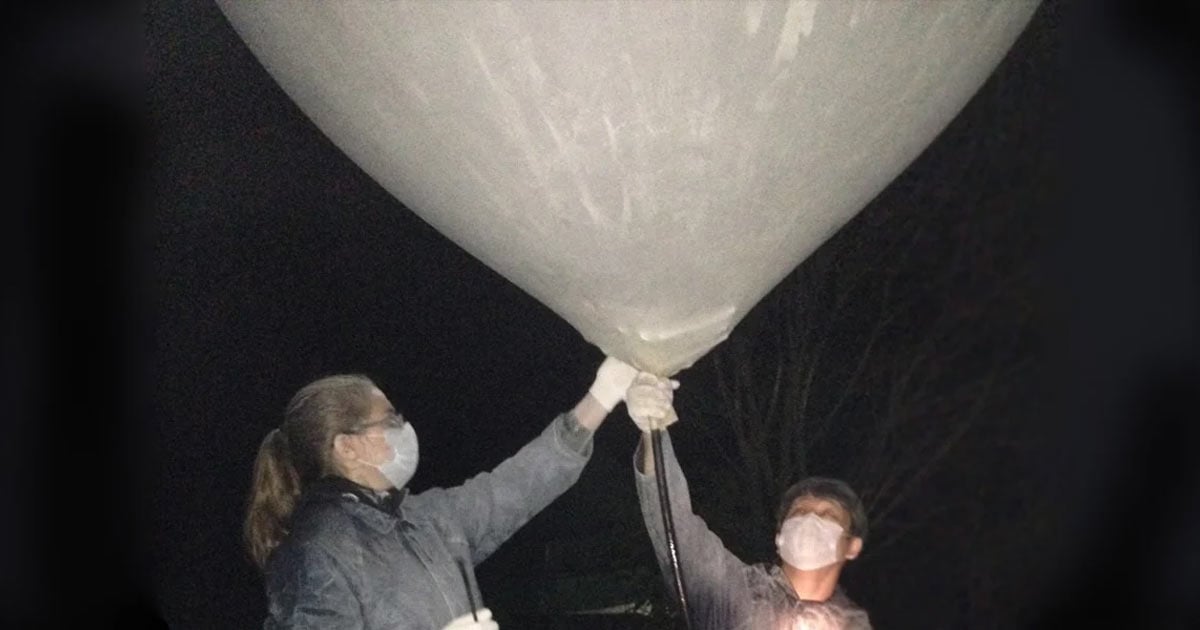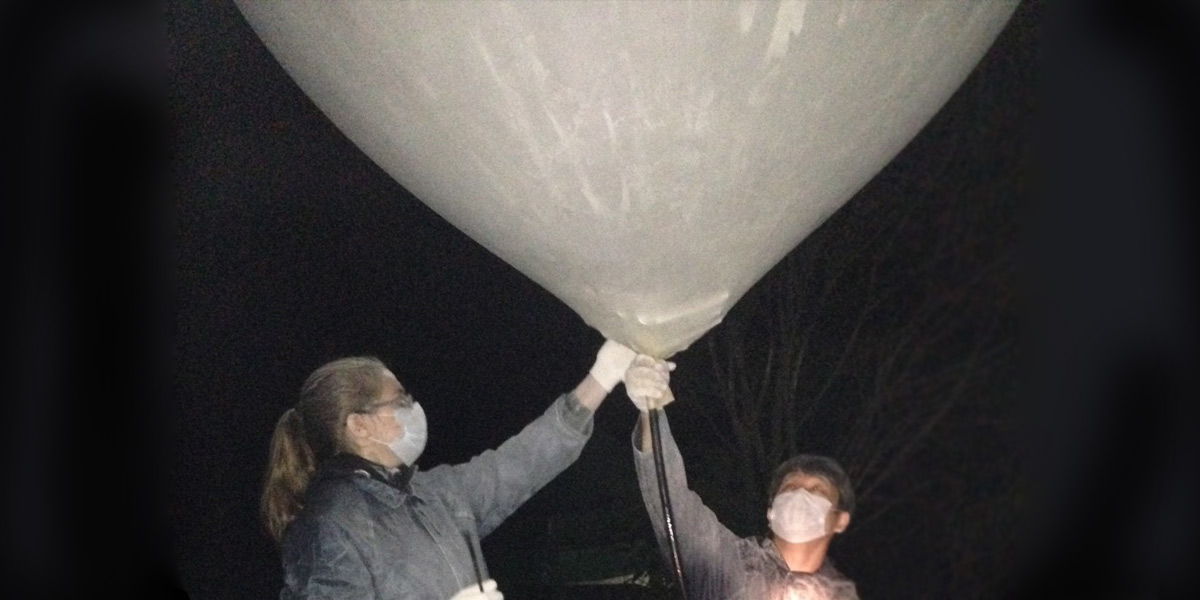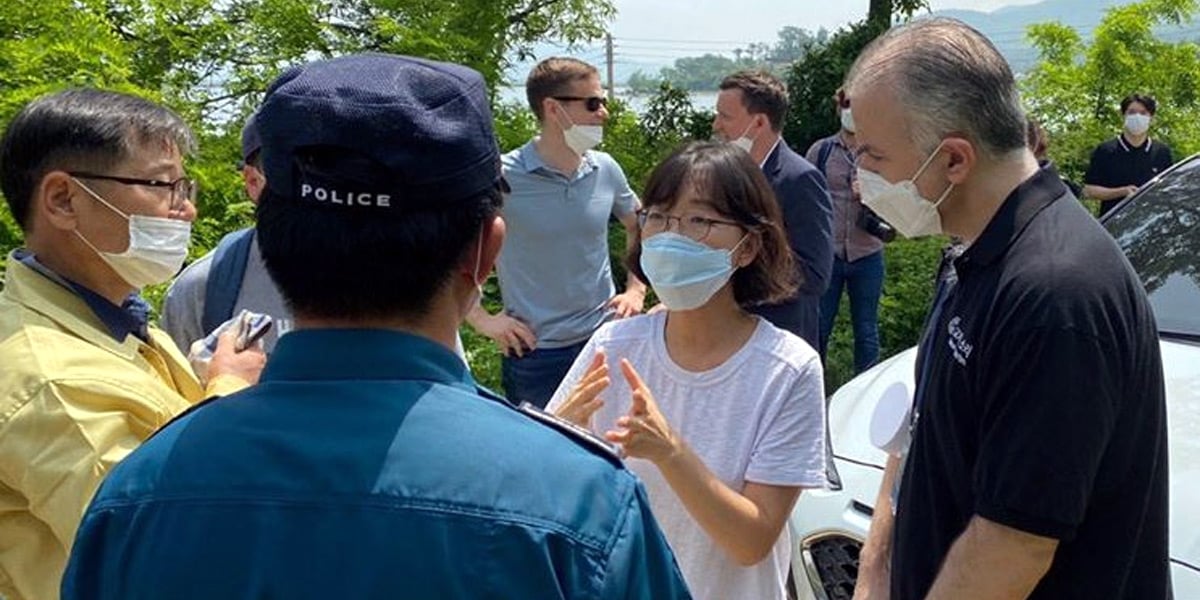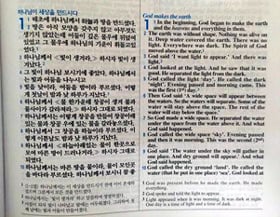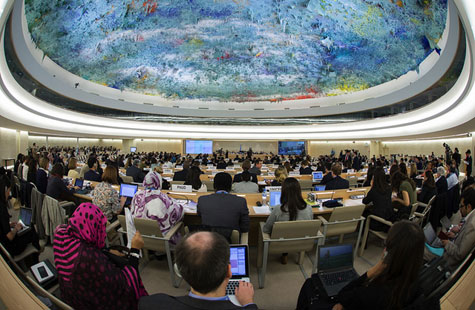 Human Rights Council Session Photo: Flickr / United States Mission Geneva |
In response to a recent report from the United Nations Human Rights Council concerning human rights abuses in North Korea, authorities from the highly restrictive nation blamed Christian discipleship bases located in northeast China for influencing their citizens.
In a debate before the Council in Geneva, North Korea's ambassador, So Se Pyong, stated: "There are in the northeastern area of China so-called churches and priests exclusively engaged in hostile acts against the DPRK (Democratic People's Republic of Korea). They indoctrinate the illegal border crossers with anti-DPRK ideology and send them back to the DPRK with assignments of subversion, destruction, human trafficking and even terrorist acts."
Rev. Eric Foley, CEO of Seoul USA (VOMC's sister mission which works with North Koreans in such discipleship bases) gave the following explanation: "The significance of North Korea's comments cannot be overstated. North Korea is choosing to publicly blame Christian missionaries for its human rights problems and internal difficulties."
The situation facing North Korean missionaries in northeast China is becoming more difficult and, according to Rev. Foley, these challenges are not only coming from the 'Hermit Kingdom.' "If North Korea is pointing to missionaries operating in China as a source of potential North Korean instability, and if it is alleging that China is the host, then missionaries can expect an increasing crackdown on churches and discipleship bases reaching North Koreans."
Rev. Foley further contends that North Korea's anti-Christian message is not only directed at China. "From a public perception standpoint, expect that North Korea will more and more seek sympathy and support from the general global public by striking an anti-Christian chord. It may be the most important development regarding Christian ministry to North Korea in the last decade."
While the church in North Korea certainly faces many obstacles, let us thank the Lord for the ways in which He is moving among His people there. Pray that, despite these claims from North Korean authorities, discipleship bases in China will thrive and effectively shepherd those seeking to share the Gospel with their fellow countrymen. Ask God to give wisdom and perseverance to Seoul USA and other groups and individuals working alongside our North Korean brothers and sisters, blessing all of their efforts to proclaim and glorify Him.

 Population
Population